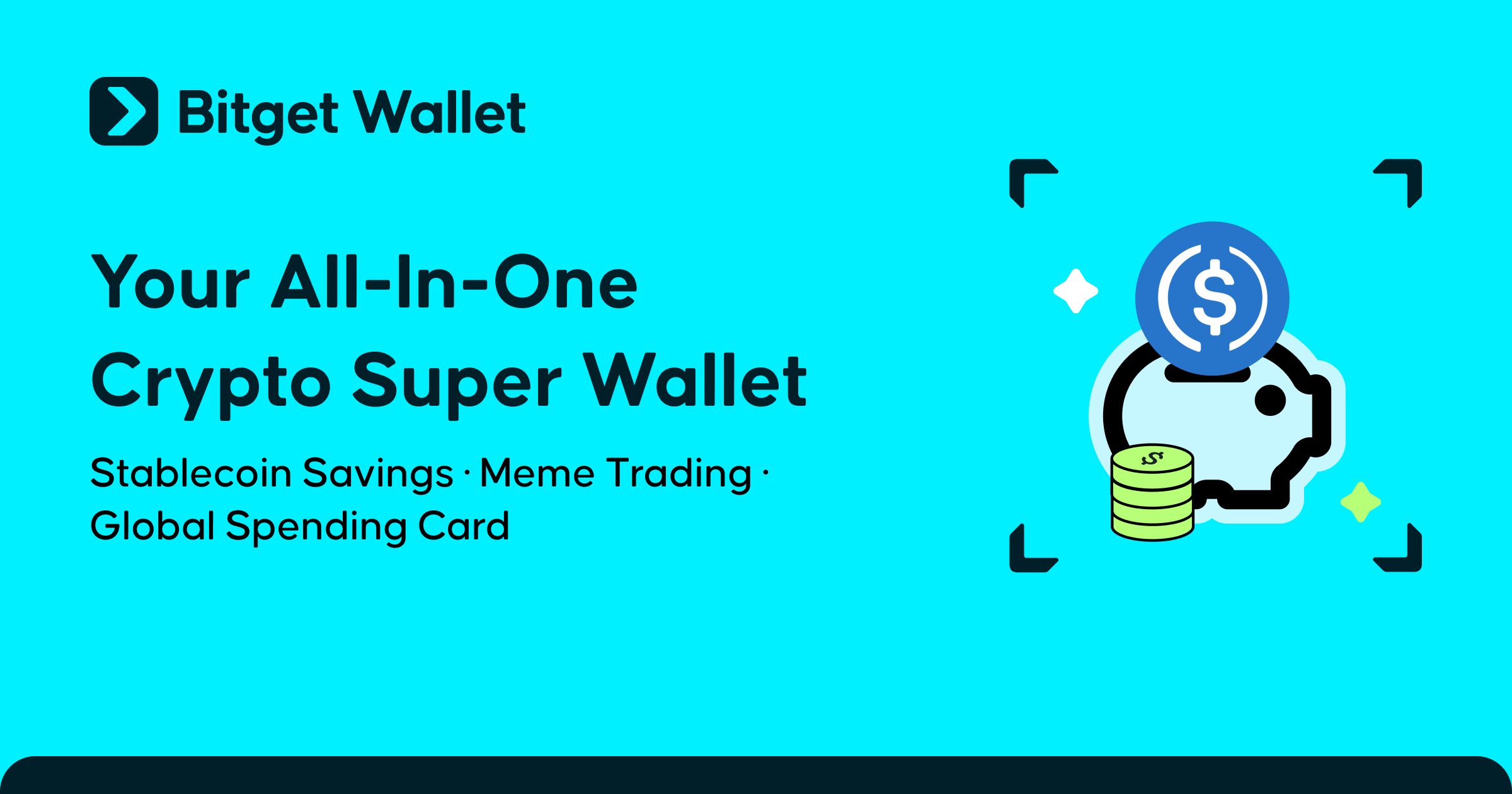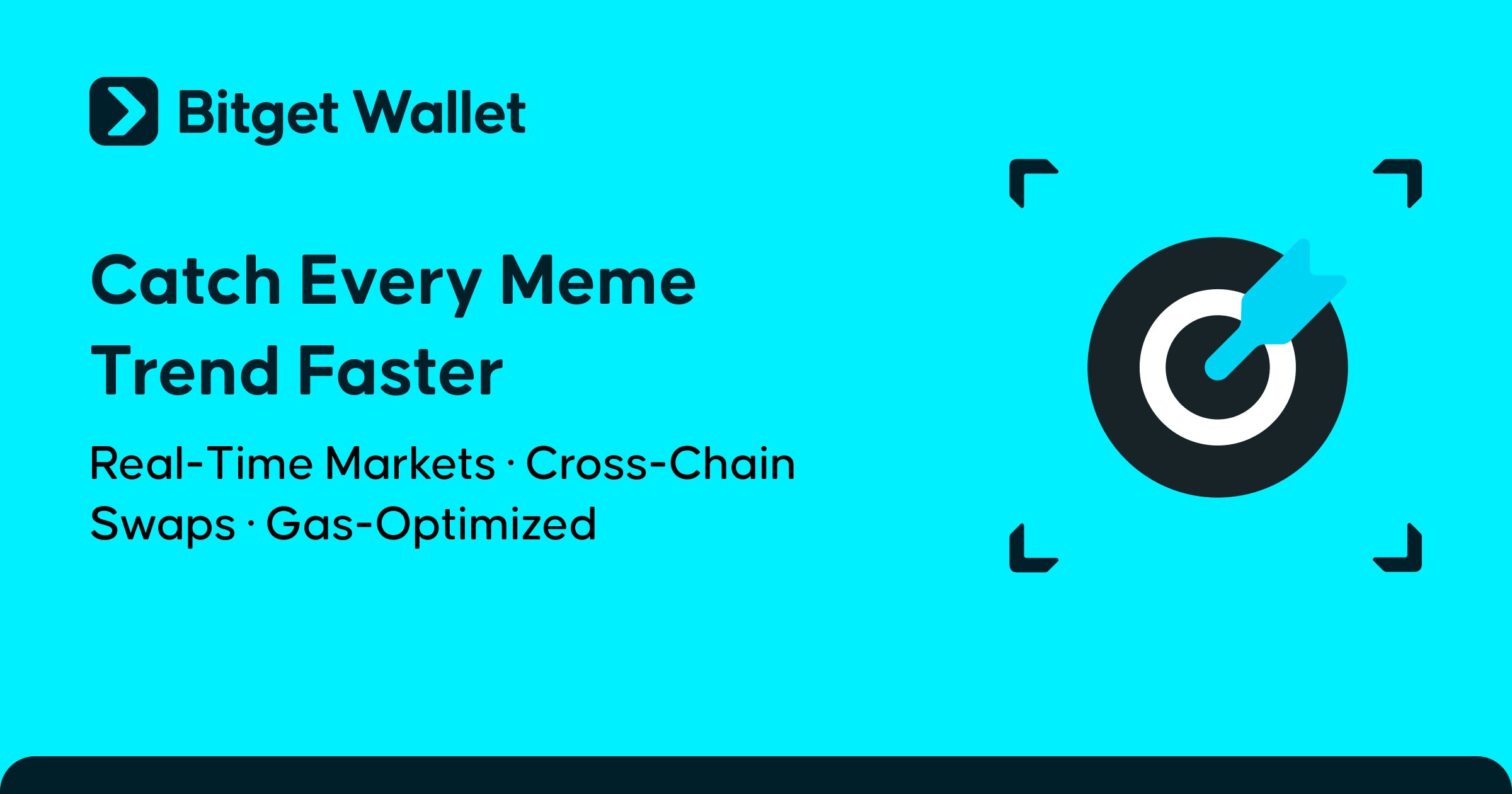Bitget Wallet Swap: Common Issues and Solutions
2024-12-21
Bitget Wallet Swap is a core feature frequently used for seamless transactions within wallets. By aggregating multiple trades, it ensures users receive the best available currency prices, enabling efficient and convenient trading. However, due to the complexity of various mainnet smart contracts, users might encounter certain issues while using the Swap function. This guide addresses these issues in detail.
1) Transaction Fails but Miner Fee Deducted
If a transaction fails, the miner fee is still deducted once the transaction is recorded on the blockchain. This fee is collected by the blockchain network, not the wallet.
What are Miner Fees? A miner fee (Gas Fee) is paid to miners for processing and recording your transaction on the blockchain. This process consumes blockchain computing resources.
Formula for Miner Fee Calculation: Gas Fee = Gas Limit × Gas Price
2) Reasons for Transaction Failure
Transaction failures can occur for several reasons:
-
Low Slippage Setting: If the slippage tolerance is too low, the transaction might fail. Increase the slippage and try again.
-
Insufficient Token Liquidity: Limited availability of the token being traded can lead to failure.
-
Unsupported Cross-Chain Exchanges: Cross-chain swaps between certain mainnet tokens may not be supported, or the swap amount may be too small. Verify the mainnet and token quantity before proceeding.
-
Other Issues:
-
Token contract restrictions on selling
-
Low gas fees
-
Tokens with burning mechanisms
-
If the issue persists and you are unable to identify the cause,
contact our customer service team by submitting feedback, and we will assist promptly.
3) Tokens Not Returned After Failed Transaction
If tokens are not returned immediately after a failed transaction, it may indicate that the system is still processing it in the background. If the delay continues,
submit feedback to our customer service team for expedited processing.
Recommended

















